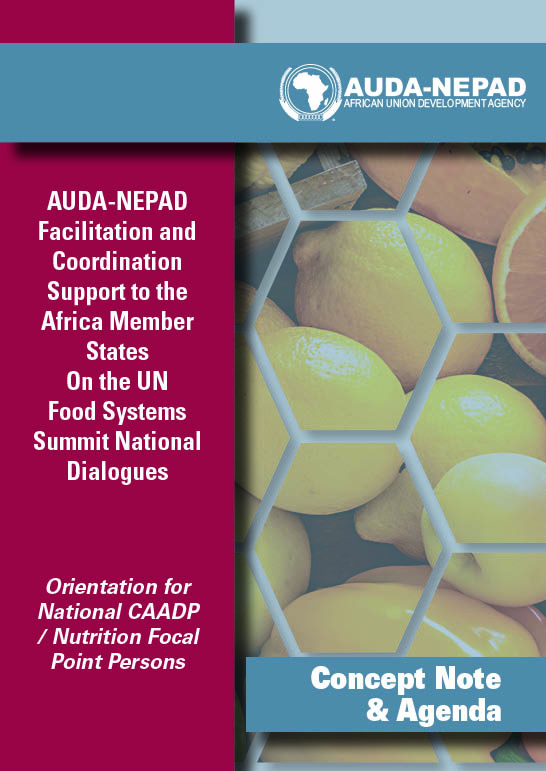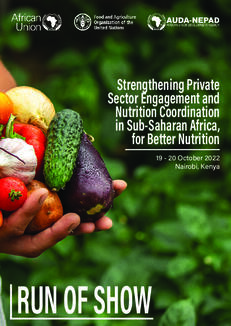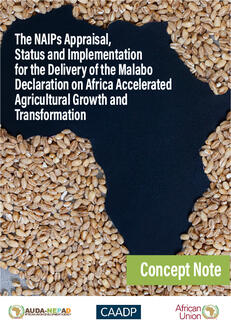While the world is not on track to achieve Zero Hunger by 2030, the adverse impact of the COVID-19 crisis is estimated to add 83 to 132 million people to hunger and undernourished ranks. In this regard, the UN Secretary-General found it necessary to convene an inaugural Food Systems Summit to drive progress on all 17 Sustainable Development Goals (SDGs) and the Paris Agreement through the lens of food systems. The Summit is purposed to launch new actions which will transform food systems and promote healthier and sustainable diets. Numerous
dialogues at the global, national, local, and entity levels and a pre-Summit convening in Rome, July 2021 will leadup to the first-ever UN Food Systems Summit in September 2021.
The Food Systems Summit is designed as the “People’s Summit” and a “Solutions Summit’’ for sustainable food systems, and this calls for everyone to participate in the process. Most importantly, ideas across all levels are necessary to ensure that actions are owned and driven by various actors and sectors. In this regard, the National Dialogues aims to mobilise national and sub-national perspectives and commitments on locally appropriate actions towards a set of food systems outcomes. For Africa, inherently linking the Dialogues to existing institutional and development policy frameworks, such as the AU Comprehensive Africa Agriculture Development Programme (CAADP) and the Food Security and Nutrition, will be a cardinal success factor for the National Dialogues as well as what happens beyond the Summit. The national dialogues approach should be multisectoral and include key stakeholders from farm to fork/consumers, including farmers, food processors and food distributors, private sector, public sector, NGOs, civil society, science and technology and beyond. Moreover, the dialogues should promote equitable livelihoods, food security, good nutrition and health, ecosystem services, climate action, sustainable trade, and humanitarian responses.

Publication



